“Traveling can be dangerous and it takes energy. Given all the risks, why do things move around at all?” The question posed by W.K. Kellogg Biological Station researcher and Michigan State University assistant professor Sarah ... Read More
KBS alum receives presidential honor for career in public service
James Grace, a senior research scientist at the U.S. Geological Survey—USGS—has received a President Rank Award, one of the most distinguished honors for federal civil service. The award, given by the President of the United States, ... Read More
‘Of Bombs and Butterflies’ with Nick Haddad
The largest population of endangered St. Francis' Satyr butterflies lives in a seemingly inhospitable environment: wetlands in the middle of active artillery ranges at Fort Bragg, North Carolina.But as ecologist and KBS Long-term Ecological ... Read More
$3.4M grant helps Basso, collaborators to quantify benefits of Conservation Reserve Program
When an unproductive swath of farmland is planted with row crops, it results in environmental damage with little to no yield. Instead, farmers can cultivate native plants in those spaces that improve soil health and support other native ... Read More
KBS welcomes new postdoctoral researcher to Fitzpatrick Lab
The W.K. Kellogg Biological Station community is excited to welcome Dr. Jessica Judson, who is joining the Fitzpatrick Lab as a postdoctoral research associate. Jessica Judson Jessica Judson comes to KBS from Iowa State University, ... Read More
A murky question: What does groundwater have to do with lake algal blooms?
The causes of troublesome lake algae are not always clear, but an interdisciplinary research project with W.K. Kellogg Biological Station researcher Elena Litchman and a colleague from Michigan State University have identified one factor: ... Read More
Into the microbiome: KBS researchers at forefront of exploring microbial communities
Microscopic communities are the foundation for all ecosystems and essential to plant, animal and human well-being, yet their interactions and relationships aren’t well understood. With that in mind, a community of pioneering scientists ... Read More
Long-term data, ‘fortuitous’ event key to establishing link between zebra mussels and toxic algae
A trove of long-term data on zebra mussels and a type of blue-green algae in Gull Lake turned a mass die-off of the invasive shellfish into a research opportunity for W.K. Kellogg Biological Station researchers. Zebra mussels (Dreissena ... Read More
KBS welcomes new postdoctoral researcher to Evans Lab
The W.K. Kellogg Biological Station community is excited to welcome Dr. Glade Dlott, who is joining the Evans Lab as a postdoctoral research associate. Glade Dlott Dlott, a microbial ecologist, comes to KBS from Stanford ... Read More
Award-winning KBS researcher earns new accolade
A KBS scientist who recently was recognized for her research has received another prestigious award. Isabela Borges, a Ph.D. candidate in the Fitzpatrick Lab, recently won a Student Research Award from the American Society of ... Read More
- « Previous Page
- 1
- …
- 6
- 7
- 8
- 9
- 10
- …
- 15
- Next Page »

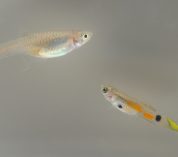

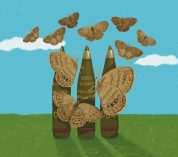
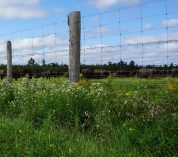
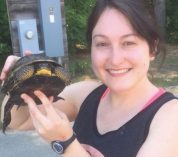
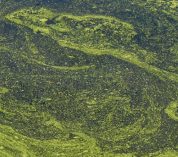
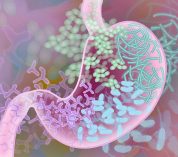
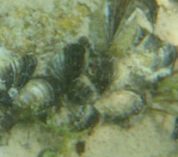
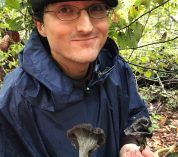
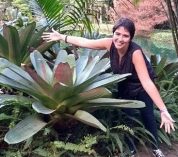
A legacy of conservation; a commitment to sustainability.
3700 E. Gull Lake Drive
Hickory Corners, MI 49060
(269) 671-5117
info@kbs.msu.edu